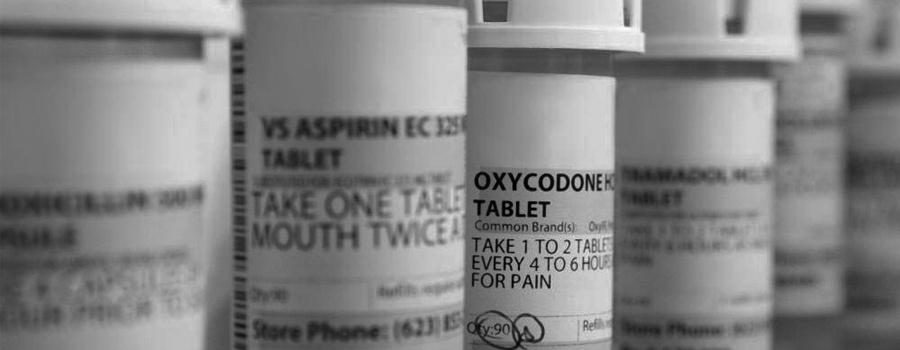Tag: prosecution
-

What’s at Stake for Medical Professionals in “Pill Mill” Investigations
In an earlier article, I detailed how the DOJ has focused its attention on the aggressive investigation and prosecution of “pill mill” cases. In this article, I discuss the consequences physicians and other medical professionals potentially face as a result of a “pill mill” investigation. CRIMINAL PROSECUTION A litany of criminal charges can be heaped…